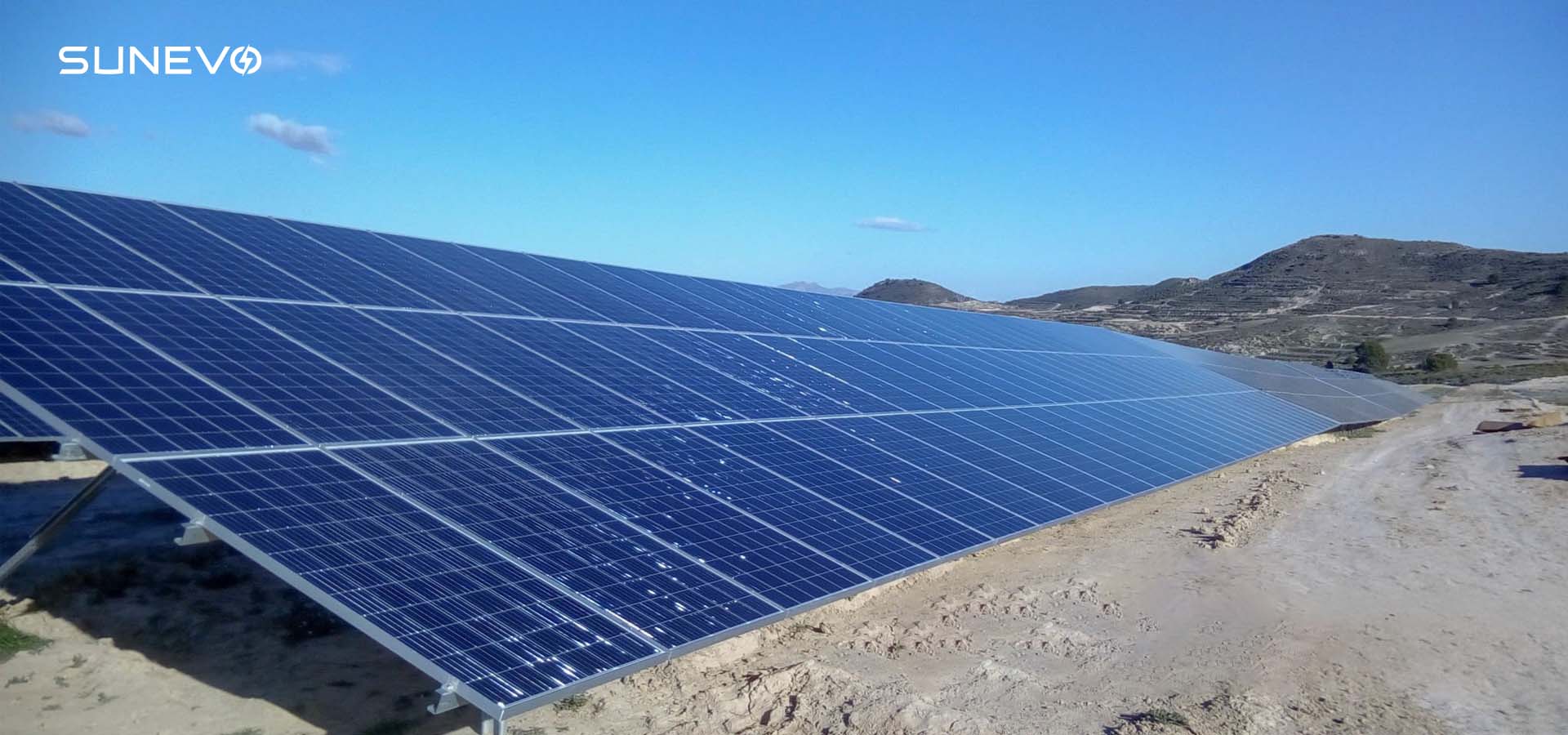 Trina Solar Helps Middle East Clean Energy Transition with Integrated Photovoltaic and Hydrogen Storage Solutions
Trina Solar Helps Middle East Clean Energy Transition with Integrated Photovoltaic and Hydrogen Storage Solutions
Jan 16, 2025
From 14-16 January, Trina Solar appeared at the World Future Energy Summit (WFES) with its photovoltaic, hydrogen storage and intelligent energy total solutions. On the exhibition site, Trina Solar displayed its Supreme N family components, Elementa King Kong 2, a 5MWh flexible energy storage battery module equipped with a self-developed Trina Core, the Pathfinder 1P Intelligent Tracking Solution, the Tianze Robot, and the new Green Hydrogen Solution, among other things. Trina Solar's 5MWh flexible energy storage battery module Elementa Vajra 2 energy storage system solution was signed and became the focus of the exhibition. The World Future Energy Summit is the most influential international energy summit in the Middle East Africa region, aiming to accelerate local sustainable development and further promote the global clean energy transition. Trina Solar has been deeply cultivating the Middle East market for many years, and this exhibition is not only conducive to further showcasing Trina Solar's strong strength in integrated photovoltaic storage technology, but is also a strong manifestation of Trina Solar's commitment to promoting the diversified development of the UAE's economy and promoting global energy innovation. Wu Champion, Trina Solar's Vice President of Global Sales and Head of Middle East Africa, said: ‘At WFES, we have brought our photovoltaic storage smart energy solutions to help the UAE's green energy transition and enhance its energy resilience and sustainability through innovative, efficient and reliable products and solutions. As the UAE continues to lead the world in renewable energy technology innovation, Trina Solar's smart energy solutions will play a key role in helping the country achieve its net-zero emissions target.’ Trina Solar's 210 Module Products at WFES, Global Leader in 210 Shipments The exhibition showcased the Supreme N-Series family of products based on n-type i-TOPCon advanced technology and 210 advanced product technology platform. By the end of 2024, global 210 module shipments have reached 380GW, and Trina Solar is a firm supporter and promoter of the 210 platform, with 210 module shipments exceeding 170GW, ranking first in the world. Trina Solar has been deeply engaged in the Middle East market for many years and has participated in a number of key green projects in the Middle East, including the provision of 800MW of Supreme Series modules for the 2GW AI Dhafra PV plant project in Abu Dhabi, one of the world's largest single-unit photovoltaic power plants, which will satisfy the electricity needs of approximately 160,000 UAE households, reduce carbon emissions by more than 2.4 million tonnes per year, and help the UAE achieve the goal of a 30% clean energy ratio by 2031 This will help the UAE achieve its goal of a 30% clean energy share by 2031. In addition, Trina Solar is also supplying electricity to the Jubail Desalination Plant in Saudi Arabia, reducin...
View More
 Trina Solar Helps Middle East Clean Energy Transition with Integrated Photovoltaic and Hydrogen Storage Solutions
Trina Solar Helps Middle East Clean Energy Transition with Integrated Photovoltaic and Hydrogen Storage Solutions
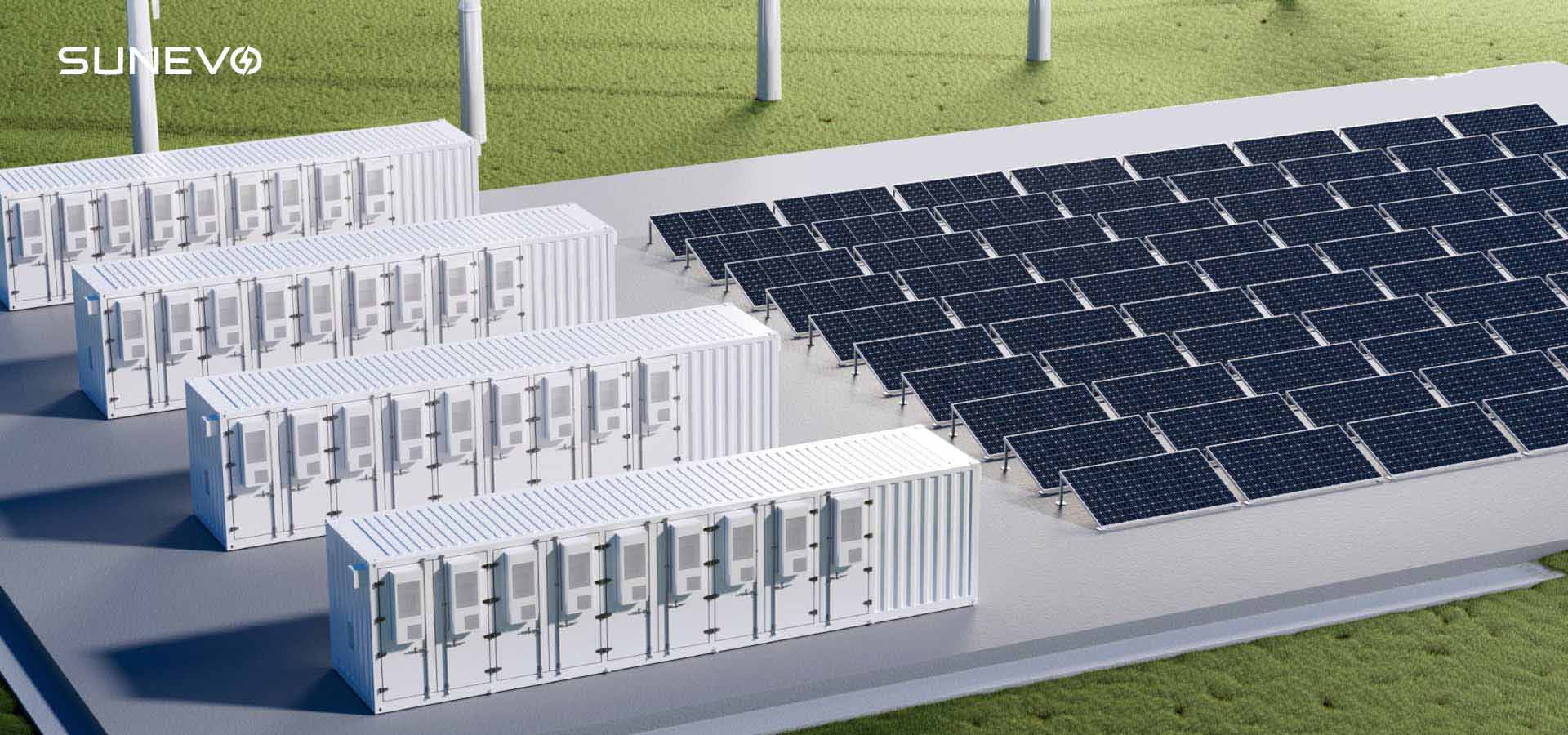 European Renewables May Not Meet 2050 Targets
European Renewables May Not Meet 2050 Targets
 Laser Precision in Solar Recycling: Revolutionizing Panel Lifecycle
Laser Precision in Solar Recycling: Revolutionizing Panel Lifecycle
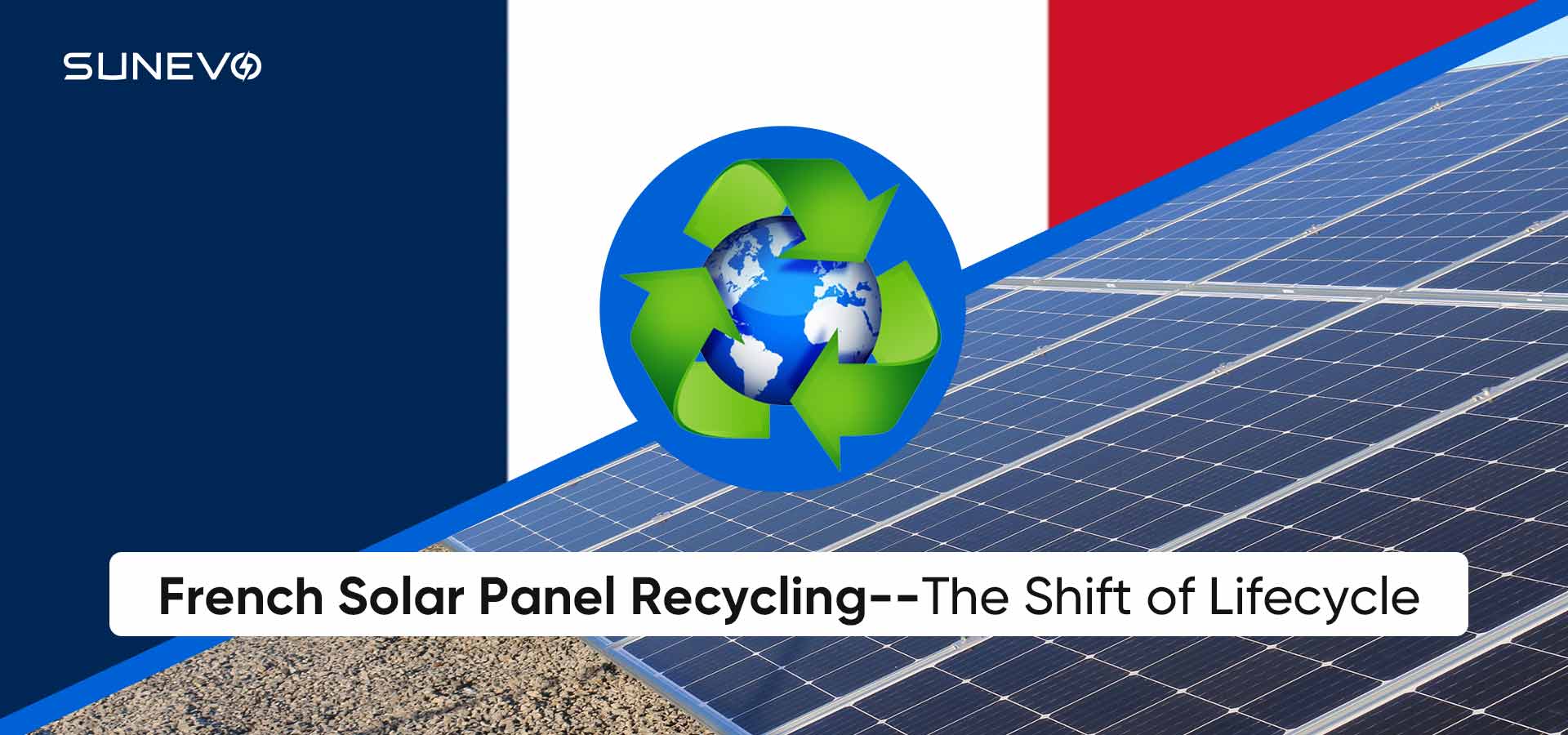 French Solar Panel Recycling: A Lifecycle Shift
French Solar Panel Recycling: A Lifecycle Shift
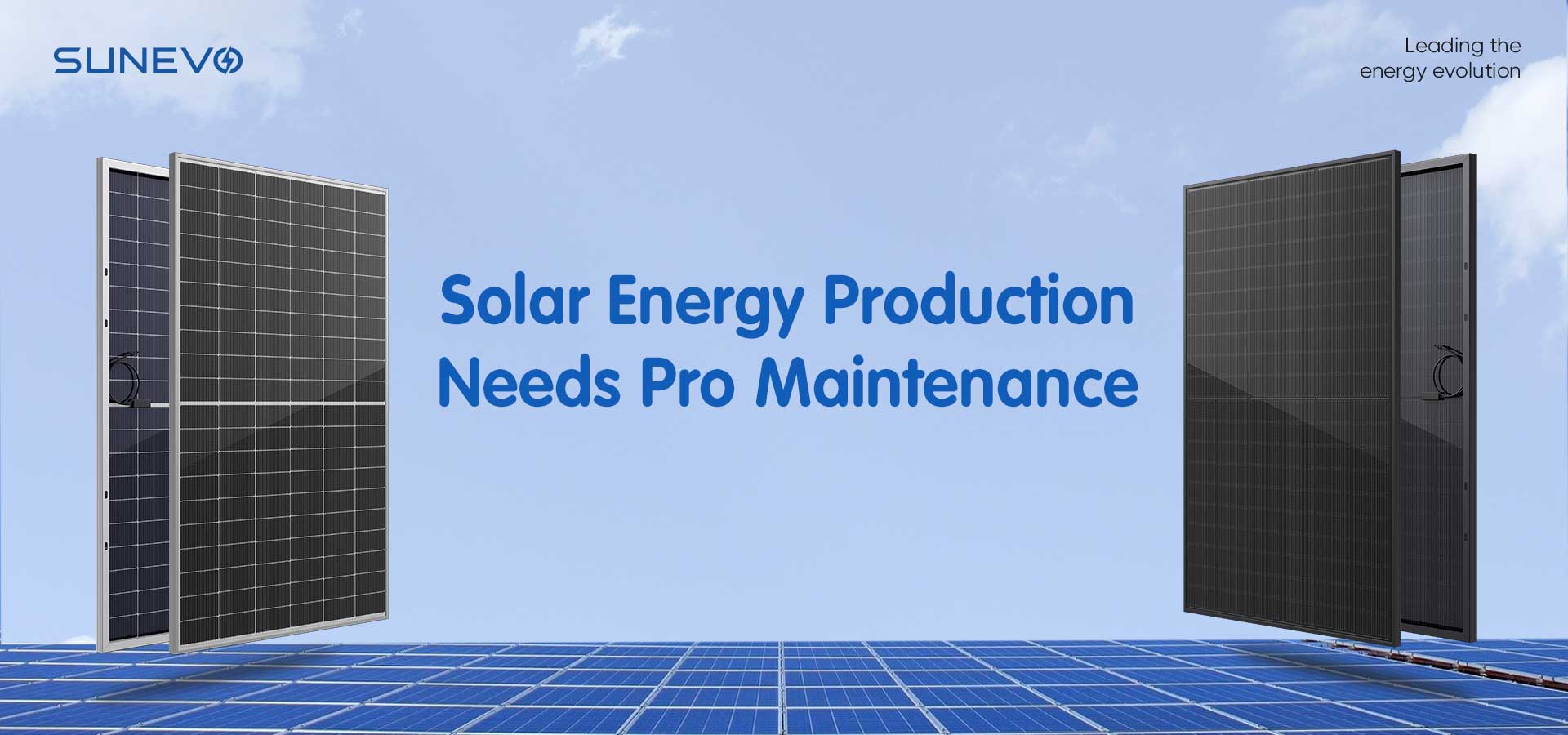 Leverage Pro Maintenance for Optimal Solar Energy Creation
Leverage Pro Maintenance for Optimal Solar Energy Creation
 The Debate: Professional Solar Maintenance vs. DIY Care
The Debate: Professional Solar Maintenance vs. DIY Care
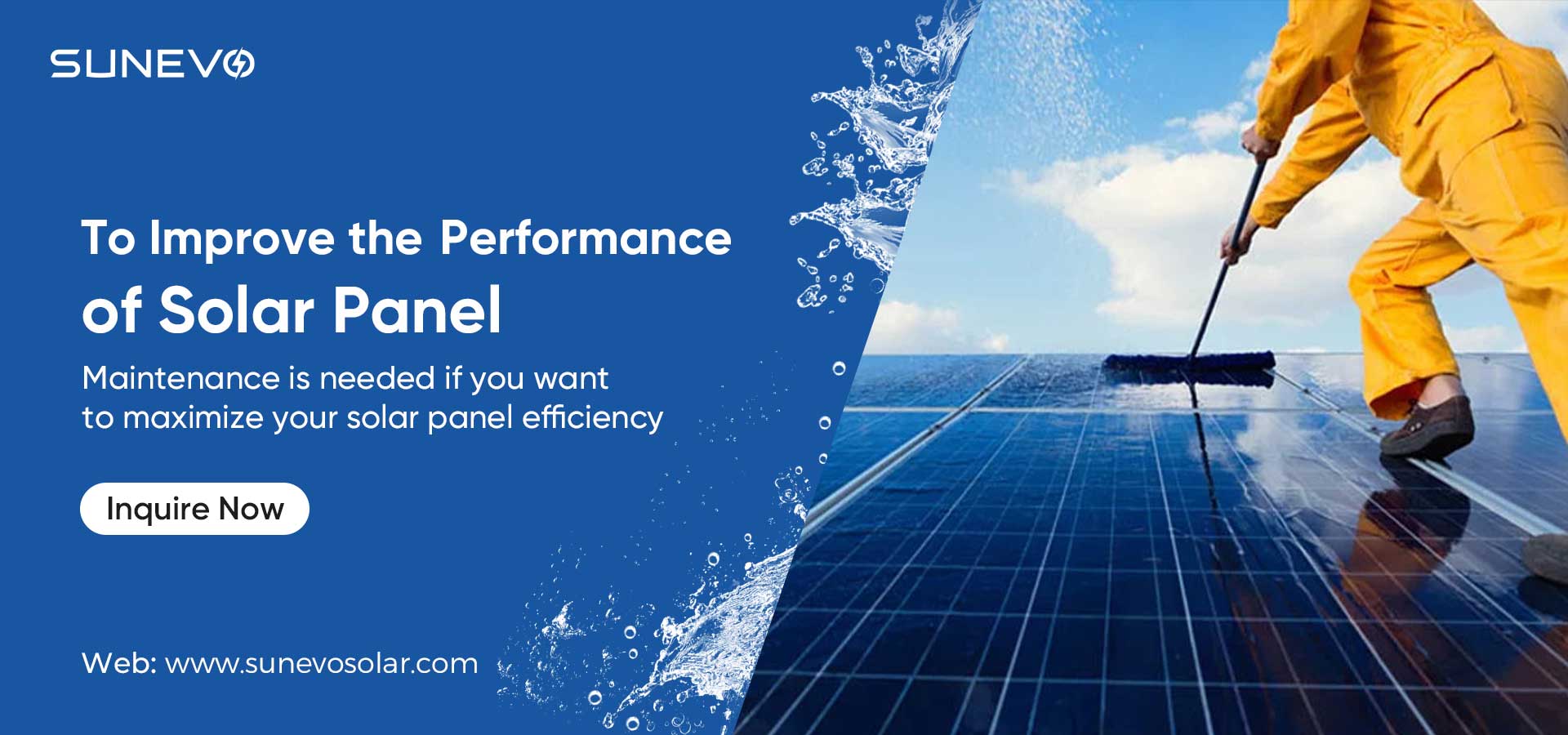 The Influence of Maintenance on Solar Panel Performance
The Influence of Maintenance on Solar Panel Performance
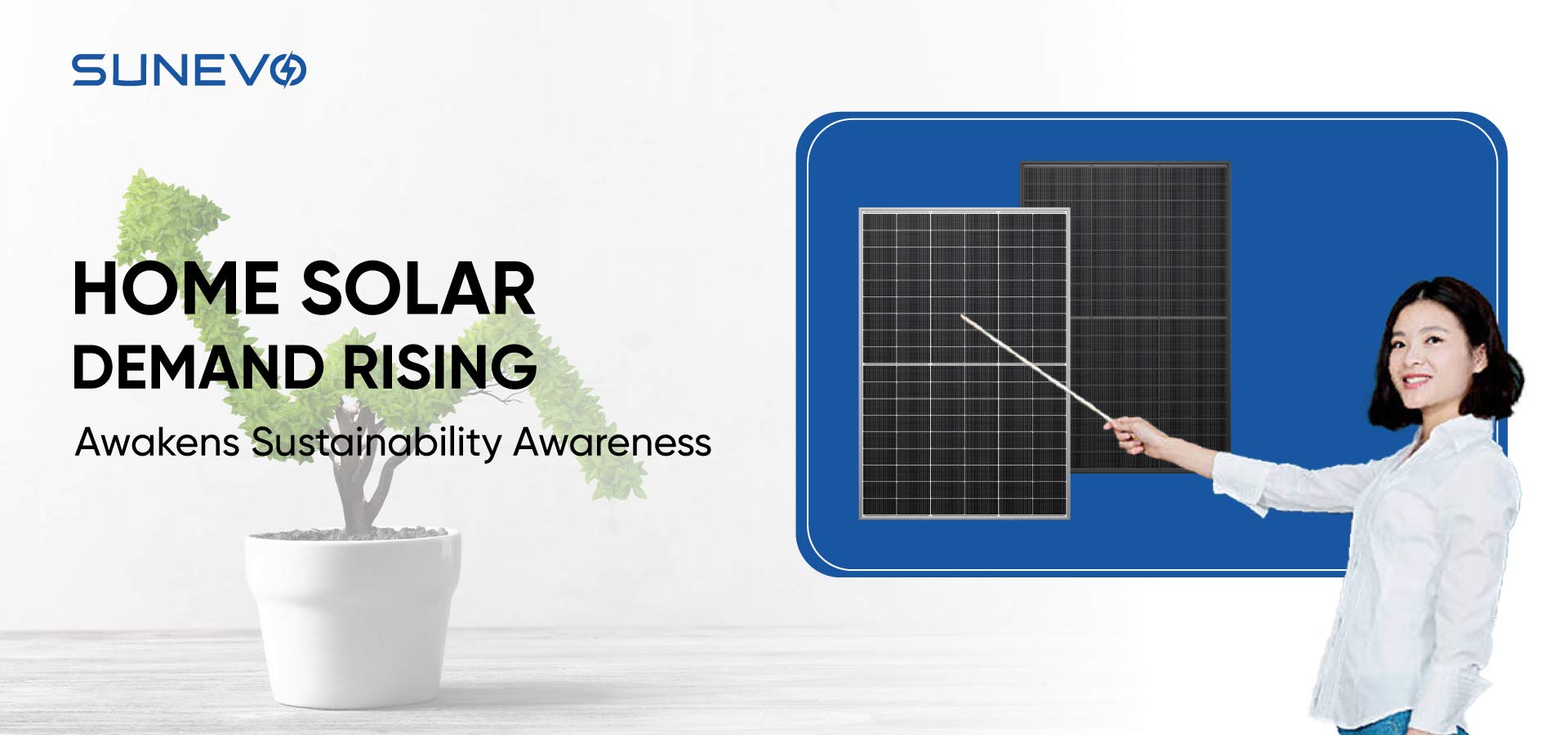 Sustainability Surge: A Glance at Rising Home Solar Demand
Sustainability Surge: A Glance at Rising Home Solar Demand
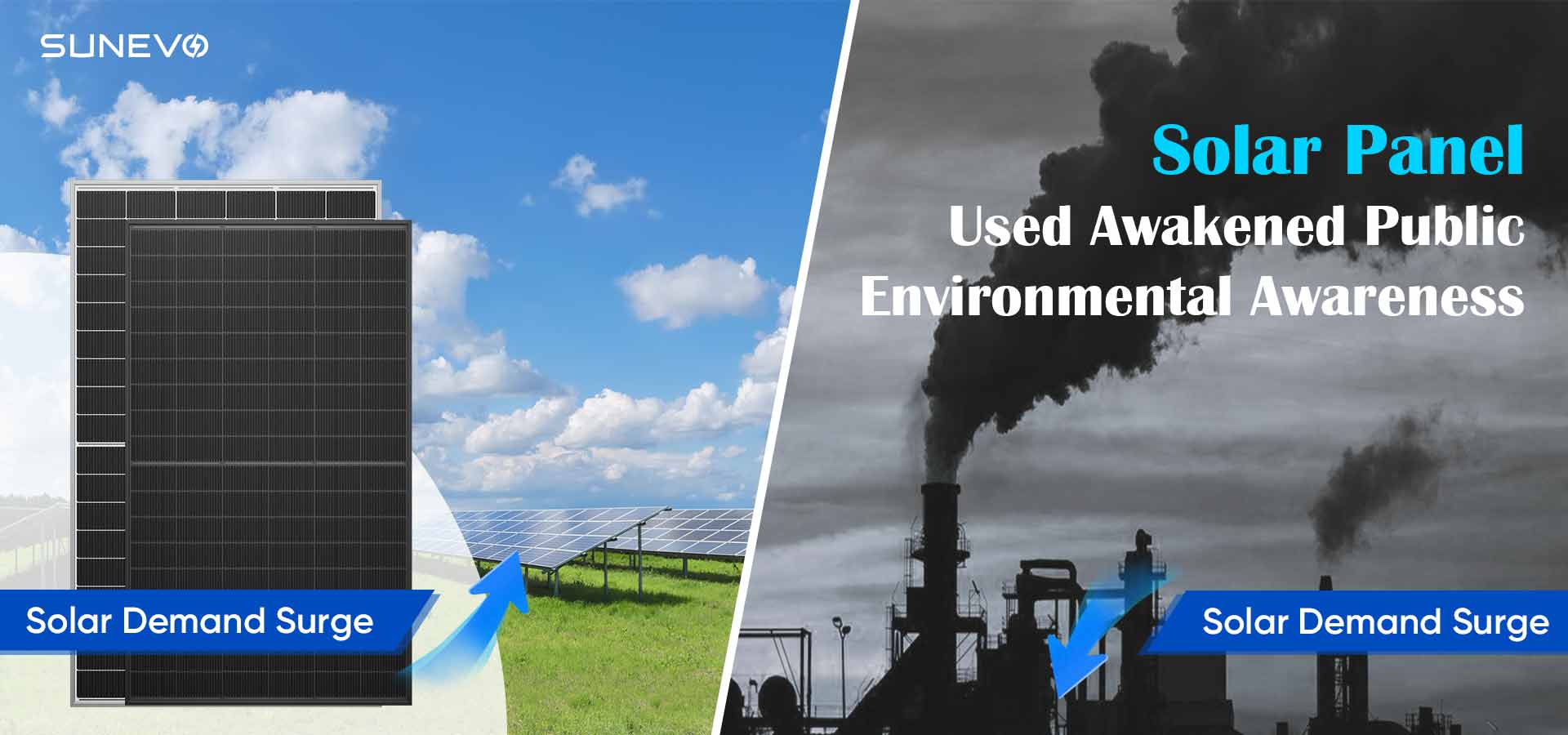 Home Solar Demand Surge: Curbing Global Carbon Emissions - Environmental Awareness Awakened
Home Solar Demand Surge: Curbing Global Carbon Emissions - Environmental Awareness Awakened
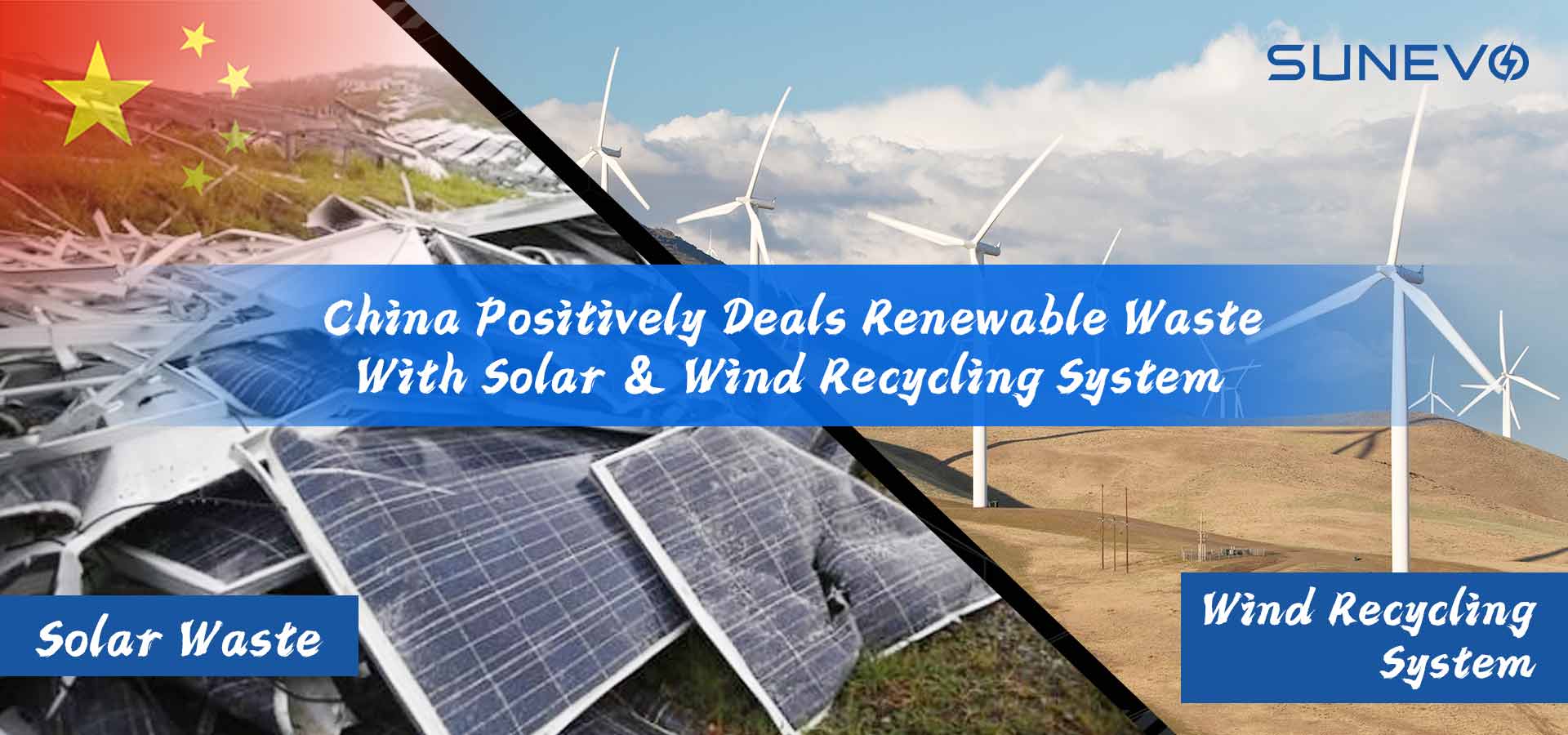 China Deals Renewable Waste with Solar & Wind Recycling Systems
China Deals Renewable Waste with Solar & Wind Recycling Systems